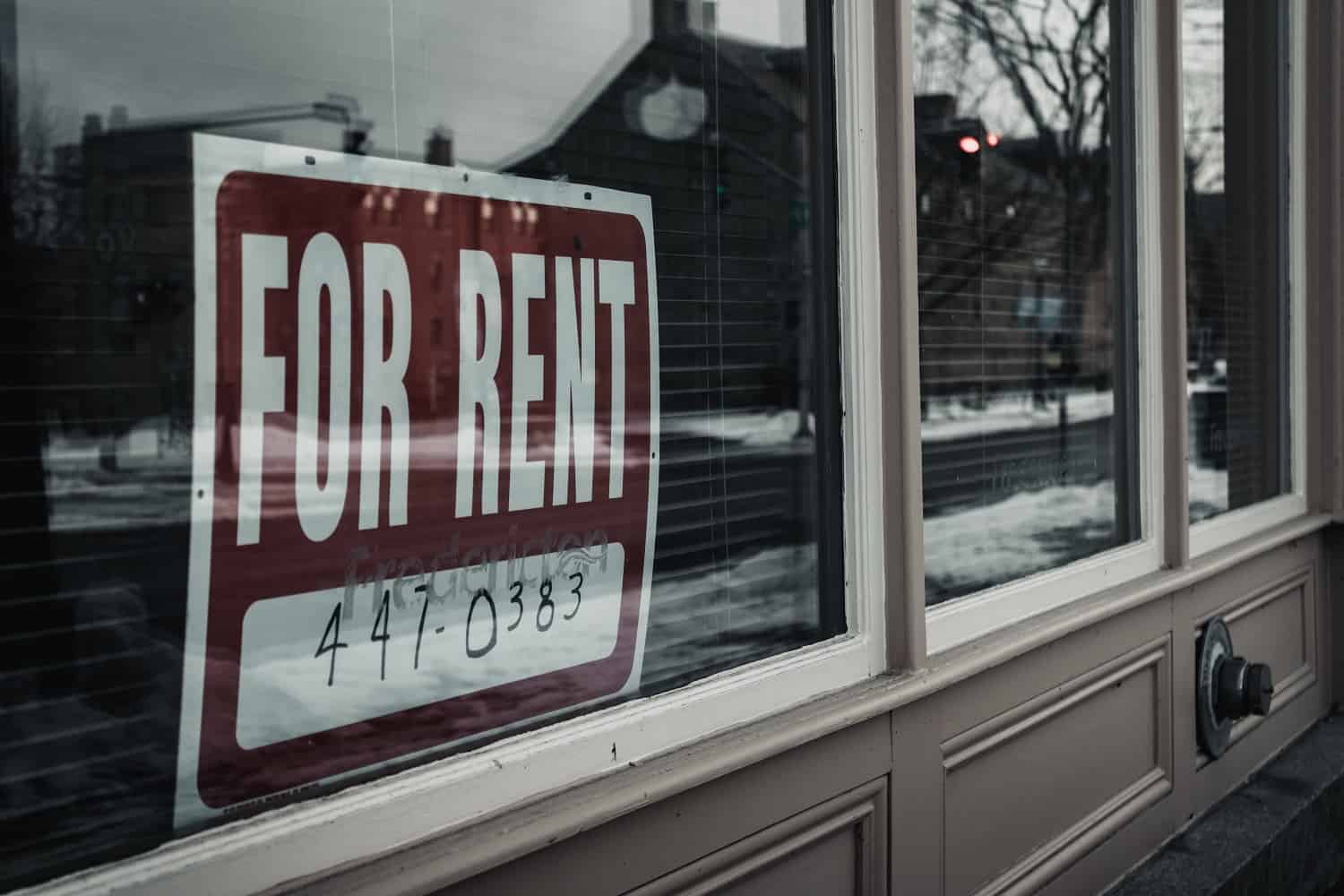Buying rental property is one of the surest ways to invest and get some regular cash flow. However, just like any other financial undertaking, it requires research and no small amount of skill. If you are thinking of purchasing your first investment or rental property, the following tips may be helpful to you.
- Being Certain
While the real estate industry is one of constant flux and uncertainty, you do need to do thorough research and planning on your end before investing in any property. The area, the price range, even the neighbors matter when you’re looking to invest your money for the long term. Remember overlooking any of these concerns may even affect your resale price in the future. Get your history of the place from a neutral third-party source and not just the real estate agent trying to sell it to you.
- Keep Finances In Check
While rental property is one of the best passive income mechanisms you can employ for your financial health, it is dependent on the careful consideration of various factors. Make a list of your current expenses, cash flow situation, pending loans and mortgages, other assets, and so forth. You may be able to procure a personal loan to procure the rental property but you’ll need to show a good enough source of regular income as well as collateral in some cases.
You also need to have the down payment set as well as a lump sum for any repairs or renovations to match standards set by law before you actually rent out the property. If you’re not quite up to getting a long-term tenant or haven’t finished all the work needed on the property you can always do temporary rental agreements by registering on short-term rental software.
- Skills And Time
Maintaining a rental property requires a mix of skills and the right mindset of a landlord. If you can’t repair a window, unclog a pipe, repair a damaged roof, or simply don’t have the time to manage the concerns of your tenant, you may consider hiring a property manager.
According to Premiergroupil.com, if you don’t detect roof issues early on and pay for a professional inspection, you will incur structural damage later down the road such as leakage into the walls and mold which can make the living environment inside the house hazardous to human health. Property managers, however (depending on the area) need to be well-paid to do all the written and physical work so make sure you have calculated your cash flow correctly and have a sum put aside for such expenses.
- Interest Rates, Returns, Tax Margins, And Insurance
You may decide to buy the property instead of opting for financing but know that the returns of the lump sum you have put in will be slow and accumulative over time and most experts agree obtaining personal financing is more sensible. Calculate the interest rates over the next few years of any loans obtained along with making allowance for tax margins, maintenance expenses, and so forth. You may also consider getting landlord’s insurance right off the bat to protect against any unforeseen damage to the property or your tenant.

